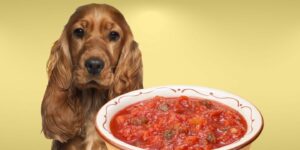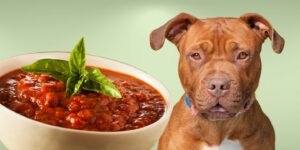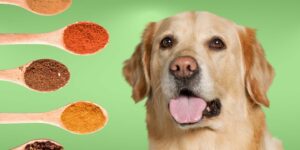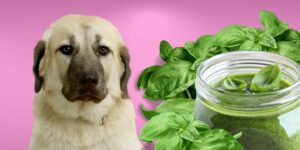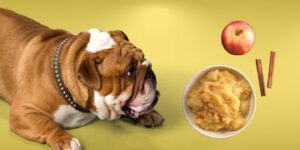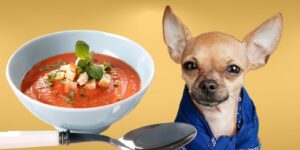The short answer is no, it is generally not recommended for dogs to eat spaghetti sauce. While some ingredients in spaghetti sauce, such as tomatoes and certain herbs, can be safe for dogs to eat in small amounts, the sauce also often contains ingredients that can be harmful to dogs, such as garlic and onions. Understanding the effects of human food on dogs can help pet owners make informed decisions about what to feed their pets, especially when it comes to common household items like spaghetti sauce.
Ingredients in Spaghetti Sauce
Tomatoes
Benefits for dogs
Tomatoes in small amounts can provide benefits to dogs due to their antioxidant properties and their contribution to a healthy immune system.
Potential risks
However, the green parts of tomatoes contain solanine, a toxic compound for dogs. Consuming large amounts of green tomatoes or tomato plants can cause gastrointestinal issues and potentially be toxic.
Garlic
Toxicity levels and effects on dogs
Garlic is toxic to dogs and can lead to symptoms like vomiting, diarrhea, abdominal pain, and even organ damage in severe cases.
Onions
Toxicity levels and effects on dogs
Similar to garlic, onions are also toxic to dogs and can cause gastrointestinal issues, anemia, and damage to red blood cells.
Salt
Risks of excessive salt intake for dogs
Too much salt can lead to dehydration, vomiting, diarrhea, and even sodium poisoning in dogs, causing tremors, seizures, or death.
Sugar
Risks of excessive sugar intake for dogs
Excessive sugar intake can lead to obesity, dental problems, and diabetes in dogs.
Spices
Potential toxic spices to avoid
Certain spices such as nutmeg, cocoa, and chili powder are toxic to dogs and should be avoided in their diet.
Safe spices and herbs for dogs
Some safe spices and herbs for dogs include basil, oregano, thyme, and parsley.
Alternatives to Spaghetti Sauce for Dogs
Dog-friendly pasta sauce recipes
Vegetable-based sauce options
Pureed pumpkin or butternut squash can be mixed with cooked, plain pasta to create a dog-friendly pasta dish.
Meat-based sauce options
Ground turkey, chicken, or lean beef can be cooked and mixed with plain pasta to create a meat-based sauce for dogs.
Tips for preparing dog-safe meals
Portion control
Ensure that dog-safe meals are served in appropriate portions to avoid overfeeding your pet.
Ingredient selection
Choose low-sodium, dog-safe ingredients when preparing meals for your dog.
Cooking methods
Opt for healthy cooking methods such as steaming, boiling, or baking to avoid adding unnecessary fats or oils to your dog's diet.
Recognizing Signs of Toxicity in Dogs
Symptoms of garlic and onion poisoning
Watch for symptoms such as vomiting, diarrhea, weak or rapid breathing, and pale gums if you suspect your dog has ingested garlic or onions.
Symptoms of excessive salt or sugar intake
Signs of excessive salt or sugar intake include increased thirst, urination, lethargy, and weight gain.
What to do if your dog has ingested a toxic substance
If your dog has ingested a toxic substance, contact your veterinarian or an emergency veterinary clinic immediately.
Preventing Accidental Ingestion
Proper food storage
Store human food in secure containers and out of your dog's reach to avoid accidental consumption.
Training dogs to avoid human food
Teach your dog basic commands to prevent them from snatching food off countertops or tables.
Creating a dog-safe environment in the home
Keep toxic plants and harmful substances away from your dog and set up barriers to keep them away from unsafe areas.
Consultation with Veterinarians
Importance of discussing your dog's diet with a professional
Consult with your veterinarian to create a well-balanced diet plan for your dog, tailored to their specific needs.
Tailoring your dog's diet to their specific needs
Account for your dog's age, breed, size, and activity level when discussing their diet with a veterinarian.
Addressing potential health issues with your veterinarian
Keep an open line of communication with your veterinarian to address any health concerns or dietary changes for your dog.
Summary
In conclusion, it is generally not recommended for dogs to eat spaghetti sauce due to the potential risks associated with ingredients like garlic, onions, salt, sugar, and spices. Instead, focus on providing a well-balanced and safe diet for your dog, and always consult your veterinarian for personalized advice on your pet's dietary needs.



